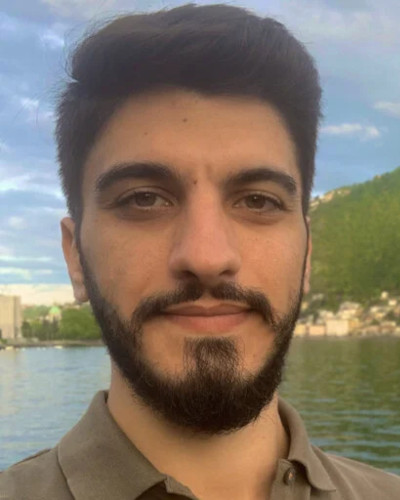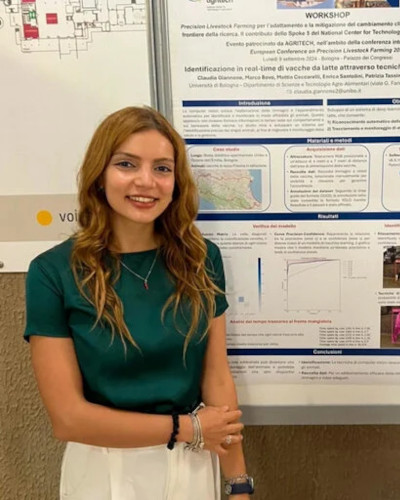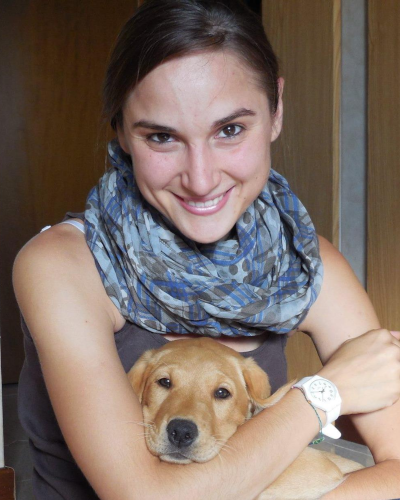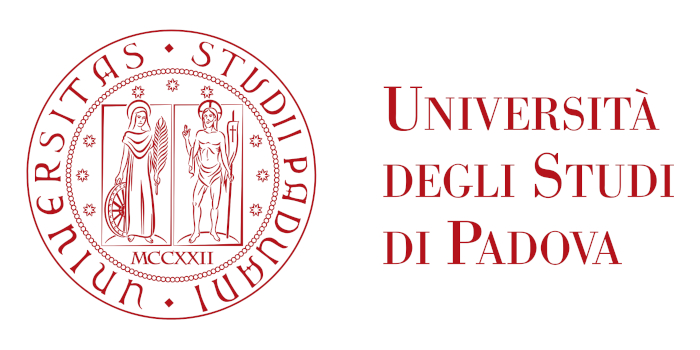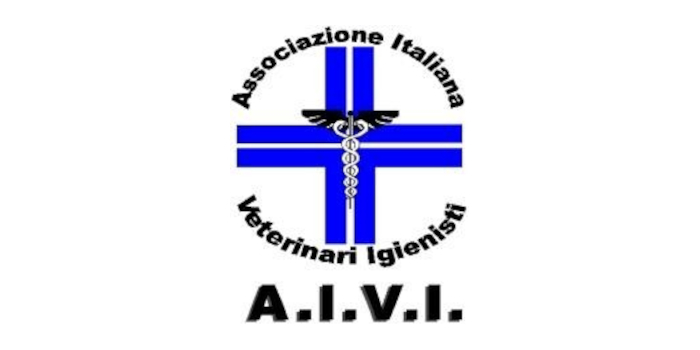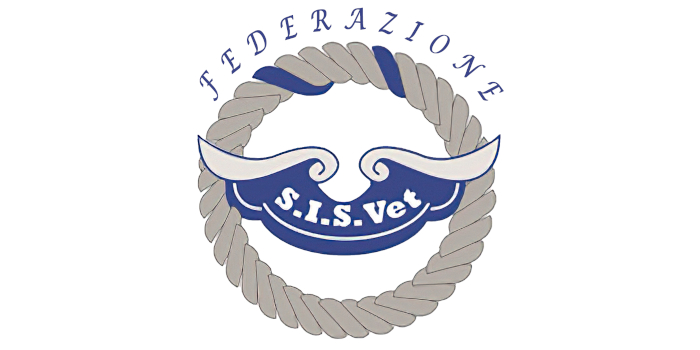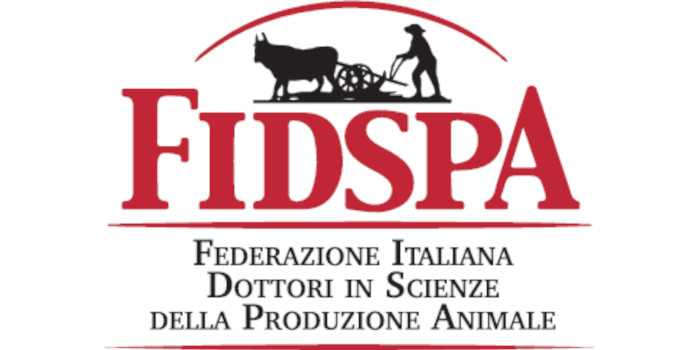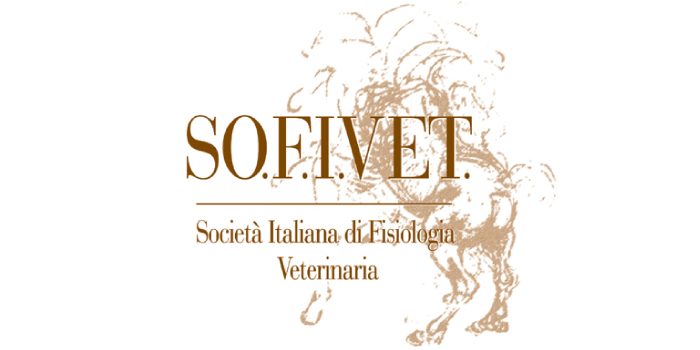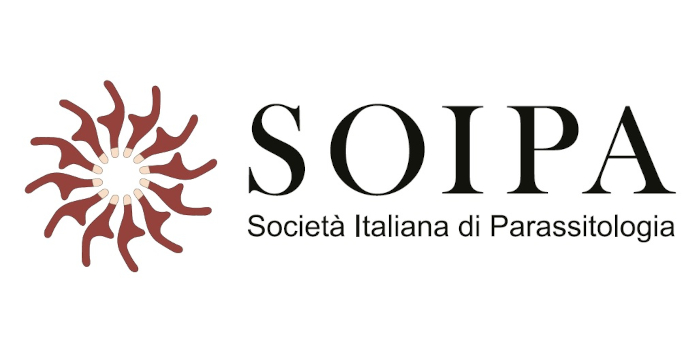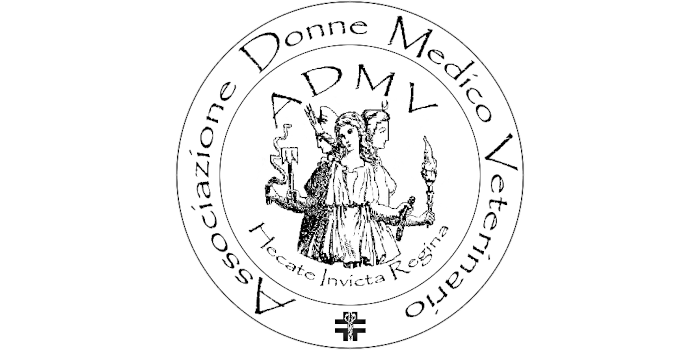SPECIAL SESSION #06
Smart sensing and computer vision applications for monitoring animal behaviour, health, and welfare
ORGANIZED BY
Elie Atallah
Department of Veterinary Medicine and Animal Sciences, University of Milan, Italy
Claudia Giannone
Department of Agricultural and Food Sciences, University of Bologna, Italy
Emanuela Dalla Costa
Department of Veterinary Medicine and Animal Sciences, University of Milan, Italy
Marco Bovo
Department of Agricultural and Food Sciences, University of Bologna, Italy
SPECIAL SESSION DESCRIPTION
Technologies such as wearable, environmental, and non-invasive imaging sensors, combined with computer vision and advanced data analytics, are increasingly adopted to monitor behavioural and physiological indicators in animals, providing valuable insights into their health, welfare and performance. The integration of multimodal data with artificial intelligence (AI) and deep learning (DL) algorithms enables the automated recognition of behavioural patterns, the quantification of physiological responses, and the early detection of changes associated with disease onset or welfare impairments. These approaches are objective, continuous and more reliable monitoring capabilities than traditional assessment methods, facilitating more timely and informed management interventions. However, the transition from research prototypes to robust field applications remains challenging. Variability in environmental conditions, limitations in data standardization, and the need for transparent and validated algorithms represent significant barriers to broader adoption. Additionally, the ethical and practical aspects of using vision-based systems for long-term monitoring require careful consideration to ensure both data integrity and animal well-being. Therefore, the objective of this Special Session is to gather ongoing research addressing the development, validation, and application of smart sensing and computer vision technologies aimed at improving animal behaviour, health and welfare assessment. Particular attention will be given to studies demonstrating innovative solutions for real time monitoring, multimodal data integration, and reliable field deployment across diverse animal species.
ABOUT THE ORGANIZERS
Elie Atallah, is a Research Fellow at the Department of Veterinary Medicine and Animal Sciences (DIVAS), University of Milan. He holds a PhD in Veterinary Sciences, and his research focuses on animal welfare assessment through the application of innovative technologies for monitoring behaviour and health in farm animals. He is currently involved in a research project funded by the Italian Ministry of Health for young researchers, which aims to develop novel indicators to improve farm animal welfare and promote fair and sustainable production in marginal areas. His work explores the integration of precision livestock farming tools, such as wearable and non-invasive sensors, to enhance welfare evaluation and management practices.
Claudia Giannone, is a researcher in Rural Buildings and Agro-Forest Land Planning at the Department of Agricultural and Food Sciences of the Alma Mater Studiorum University of Bologna. She is currently completing her Ph.D. and will soon begin a postdoctoral research fellowship. Her research focuses on the development and application of computer vision and deep learning approaches for the recognition and classification of animal behaviour and posture. Her scientific interests are centered on the integration of artificial intelligence into precision livestock farming (PLF) systems to improve animal health, welfare, and management efficiency. She has contributed to research activities and publications addressing AI-based monitoring tools for the assessment of animal welfare.
Emanuela Dalla Costa, works as Associate Professor at the Department of Veterinary Medicine and Animal Sciences (DIVAS) at the University of Milan. She graduated in Veterinary Medicine in 2009, she then got a PhD in Animal Production and a diploma from the European College of Animal Welfare and Behavioural Medicine (ECAWBM). Emanuela’s research encompasses various aspects of animal welfare, from pain assessment to evaluation of human-animal relationship. She has a particular interest in the application of different technologies for improving pain assessment and early detection of diseases in animal species.
Marco Bovo, is Associate Professor of Rural Buildings and Agro-forest Land Planning at the Department of Agricultural and Food Sciences of the Alma Mater Studiorum University of Bologna. He graduated with honors in Civil Engineering and he holds a PhD in Structural Engineering and Hydraulics. His main research activities deal with design and calibration of environmental monitoring systems for greenhouse gas emission measurement, modelling and analysis of environmental parameters in agricultural, livestock and agro-industrial buildings, thermo-acoustic optimization of building envelopes, LCA and CFD simulations, structural design of civil and rural buildings, PLF systems, and energy production by renewable sources. He is coordinator of the PRIN 2022 research project “One Sustainability vision in Dairy farms: a big Data approach for a perspective Decision-making (SUS3D)”. He is member of the Italian Association of Agricultural Engineering (AIIA), European Society of Agricultural Engineers (EurAgEng), and International Commission of Agricultural Engineering (CIGR).


